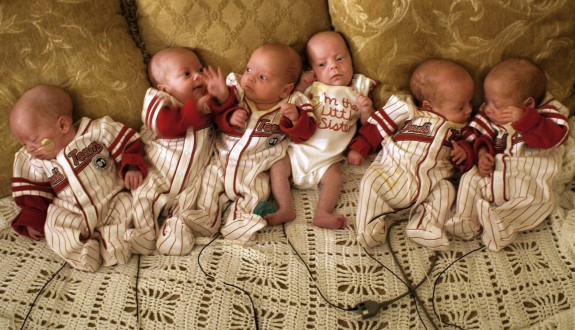SINCE all anyone is going to be talking about this week will be the Royal Wedding, I’ve decided to join the crowd.
Recently engaged myself, I’ve been giving a lot of thought as to what kind of a wedding I want to have.
But as weddings go, what I want, what my parents want, and my fiance’s parents want are three very separate things. (everyone who has ever planned a wedding lemme hear you say yeaaaaah!)
If I were to go along with my Iban roots, there would be a lot of dancing, drinking, and sitting on a gong in the longhouse common room (known as the ruai), in my traditional costume.
On the Finnish front, there would also be a lot of drinking, dancing and I would wear a dark dress, probably black (19th century custom) and a silver crown. In some parts of Finland it was customary to put a small boy in the bride’s lap on the second day of the wedding and she was told “to make one of her own”.
My fiance has a million relatives. So that’s a huge party right there. A portion are Indian (Malayalee), another portion of Portuguese, and some grew up in Australia.
Thankfully, having being brought up urban, everyone will pretty much agree on a wedding in church, a luncheon after, and a hotel dinner reception which will end in dancing, and drinking 🙂
For young people in other cultures, however, its not always so simple. We may be familiar with our own cultures’ customs, but wedding practices that may sound strange to us happen every day, in different parts of the world.
Every custom means something, for example bouquet tossing originated in medieval Europe – the single women at a wedding would chase a bride and rip off parts of her dress to keep, as sort of a fertility charm (according to www.wisegeek.com).
When dresses became more expensive and brides decided to keep them, they would throw objects at the guests to prevent them from ripping the dress to pieces, hence the tradition of tossing the bouquet.
We’ve done some research on the subject of wedding customs, and here are some interesting wedding rituals.
Kidnapping the bride
This custom is practiced in several cultures and countries, but varies from country to country. Although it is illegal, in some parts of the world a man may ‘steal’ a woman he likes, even against her will.
In Romania, the custom takes on a less severe form – while the groom is distracted, friends will steal the bride away (usually to a club) , and the groom is then forced to negotiate a price for her ‘release’.
Spear throwing
An older Filipino tradition involved some athletics on the part of the groom – to show that his bride-to-be was ‘taken’, he was required to throw a spear at the doorsteps of her house.
Today, things are less dramatic – the groom presents his bride with a gold engagement ring and the majority of Filipino weddings are Catholic ceremonies.
Jumping the Broom
For African Americans this culture symbolises taking a leap into a new life together as husband and wife. Usually, the couple will jump over a broom in the presence of family and friends.
In Wales, this is a centuries-old custom for Romani (Gypsy) couples, and there are different variations. Whether the broom was placed at an angle, on the floor, or whether the couple would go together or the groom first, there would be broom jumping involved.
There are also traditions of broom jumping in Europe, in the Wicca and Celtic communities.
Breaking stuff
In Russia, after the toast to the couple has been made, everyone throws their champagne glasses on the ground. If they break on impact, it means good luck.
At Jewish weddings it is customary for the groom to step on a glass and break it, and for Ashkenazi Jews , for the mothers of both the bride and groom to break a plate to symbolise the seriousness of the marriage commitment (once something is broken it can never fully be repaired).
In Greek culture, newlyweds would break plates at the door of their new home, to ward off evil spirits. The tradition of breaking plates on the floor after the wedding celebration also symbolises abundance. (they have so many they can break some)
Blackening of the bride/groom
An unusual pre-wedding custom in Scotland involves taking the bride (and these days, the groom as well) by surprise by dumping rotten eggs, syrup, feathers, curry and essentially anything gross you can think of.
After being blackened they are whisked away and tied to a tree or taken to local pubs where their friends will announce the wedding to whoever will listen. The Scots believe this is one way to prepare the couple for marriage, as they’ve already been through the worst humiliation possible (hopefully).
*Know of any other interesting wedding customs from around the world you’d like to share with us? Feel free!




Tell us what you think!